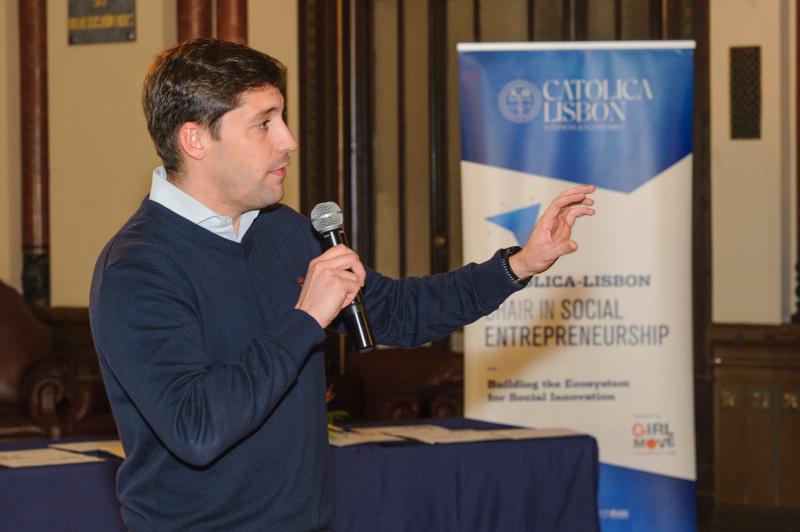During retirement home coronavirus crisis, Adopta un Abuelo turns to the telephone to help the elderly
By Chris Welsch
Alberto Cabanes has made it his life’s mission to reduce the isolation of the elderly. He created a volunteer network called Adopta un Abuelo, or Adopt a Grandparent, about five years ago to bring visitors to retirement homes across Spain.
He was inspired by visits to his own grandfather and an elderly friend named Bernardo at a retirement home in Ciudad Real. When Alberto visited, his grandfather and Bernardo got companionship, and Alberto’s life was enriched by their life experience and wisdom.
As 2020 started, the Adopta un Abuelo network was growing steadily. Volunteers paid a small monthly fee to receive guidance and be matched with an elder.
When COVID-19 struck, the crisis was particularly devastating for the elderly in care homes, because they are among the most vulnerable to the ravages of the virus. When the lockdown began in Spain in early March, Alberto was worried.
“It was a perfect cocktail of circumstances for bad things to happen,” he says.
Many care home residents who were part of the grandparent network have fallen victim to the virus. Because visits to care homes were no longer safe, Alberto was starting to consider laying off some of his team of 15 people.
A surge of volunteers
Then something unexpected happened: The demand for participation increased dramatically.
People kept contacting Adopta un Abuelo, asking how they could help. As quickly as he could, Alberto adjusted to the crisis, switching from personal visits to phone calls between volunteers and residents of care homes across Spain. He switched the pay model to a €9 monthly fee for the volunteers. The network has added more than 1,000 volunteers within a matter of weeks in March, bringing the total to more than 1,200.
“We had more income this April than we did in all of 2019,” he says. “We’re actually hiring right now.”
For now, instead of personal visits, volunteers make a commitment to call an adopted elder at least once a week. The initial idea was to make the call one to one and a half hours, but in practice most volunteers are calling twice a week with an average length of 25 minutes. The feedback from residents and volunteers has been good, and Alberto wants to develop a platform for videoconferencing.

Alberto Cabanes asked the volunteers to his business to start making phone calls to the elderly, because the coronavirus crisis made it impossible to visit care homes.
A global mission
Even before the crisis, Alberto had found considerable enthusiasm for his mission. Adopta un Abuelo is a past winner of the European Investment Bank Institute’s annual Social Innovation Tournament. The tournament supports entrepreneurs who are making an impact on social, ethical or environmental issues. The program has won several other awards, including a Google fellowship that came with office space in Madrid and other kinds of support.
Alberto hopes to expand Adopta un Abuelo to other countries. The need is there — about 60 percent of care home residents do not receive visitors, he says. And the desire to help is there, too. During the crisis, he’s had volunteer applications from 18 other countries, including people as far away as Singapore.
“Our mission as a social enterprise is not only to have an impact in Spain,” he says. “We want to have impact all over the world.”